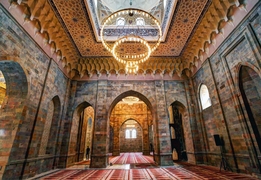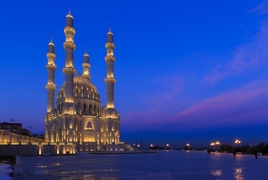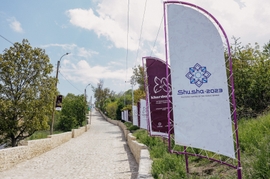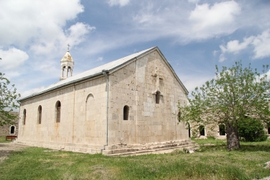The next time you are thinking about visiting your doctor for relief from aches and pains, you may also want to buy a plane ticket and treat yourself to vacation while you get treatment.
Some countries experience a lack of reliable healthcare institutions, and no visit to a clinic for hospital is fun. But Caspian’s countries can take care of health-conscious travelers, allow them to kick back and relax, all without killing their pockets. Caspian region states offer something for those looking to give health tourism, or medical tourism as it is sometimes called, a try.
Azerbaijan
The mineral and oil resources found within Azerbaijan are catching the interest of health practitioners around the world. Azerbaijan, known for its oil and gas reserves that are being exported to Europe, has more than just the kinds that will heat your home.
The city of Naftalan, located in the western part of the country, is for you. Famous for its unique grade of black-brown, thick oil that is comprised of high content of naphthalene, the city’s oil baths attract around 60,000 to 100,000 tourists each year. Ailments like rheumatism, arthritis and psoriasis, as well as 67 other illnesses have all been known to be treated successfully thanks to oil that gives the phrase “sweat crude” a new meaning.
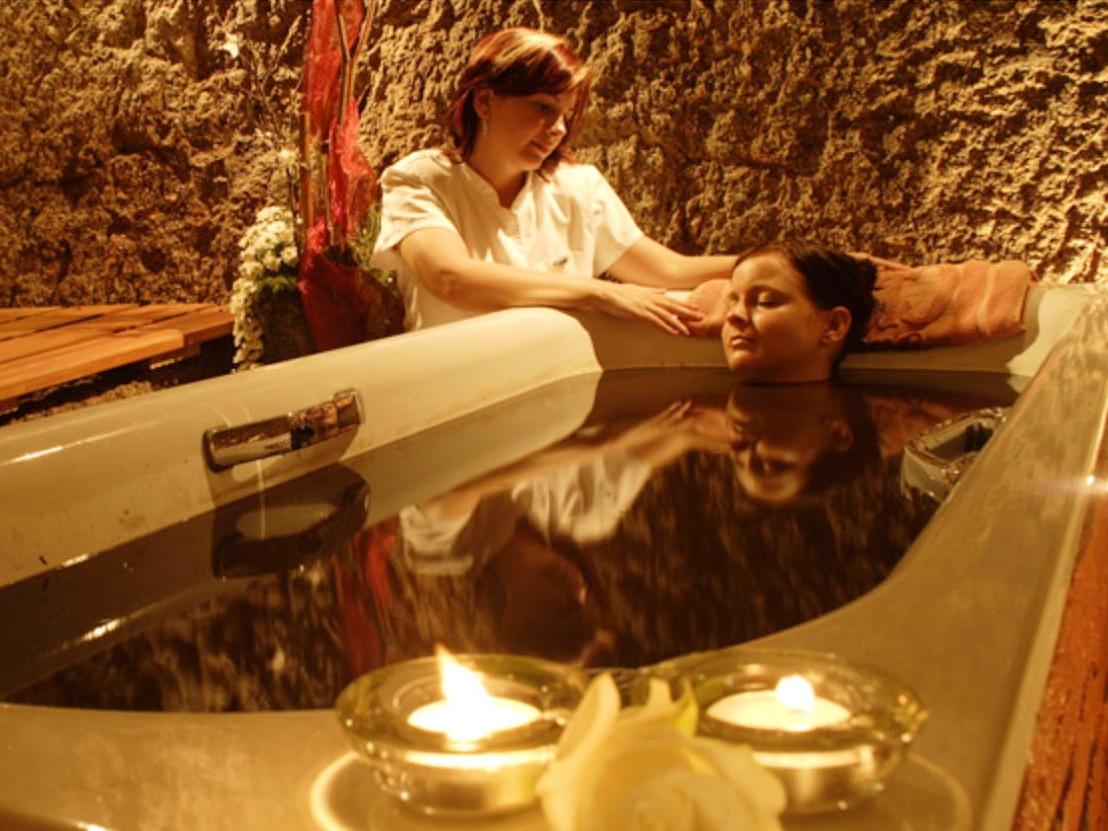
Iran
Iran’s government has recognized the importance of health tourism as a viable sector of the economy, turning the country into an attractive destination for those looking for high-quality medical services, affordable medication and treatment and a pool of qualified doctors and surgeons. In 2016, some 30,000 visas were issued for medical tourists that travelled to Iran, and the number is said to be growing.
Hot springs, such as the one in Delfan, have benefits for skin, treating muscle aches, and dehydration. Located in Lorestan province, the spring is very effective in healing chronic pain skin and infectious diseases. The temperature of the spring reaches 60 degrees Celsius (140 degrees Fahrenheit), and its waters are loaded with sulphate, calcium, sulfur and magnesium.
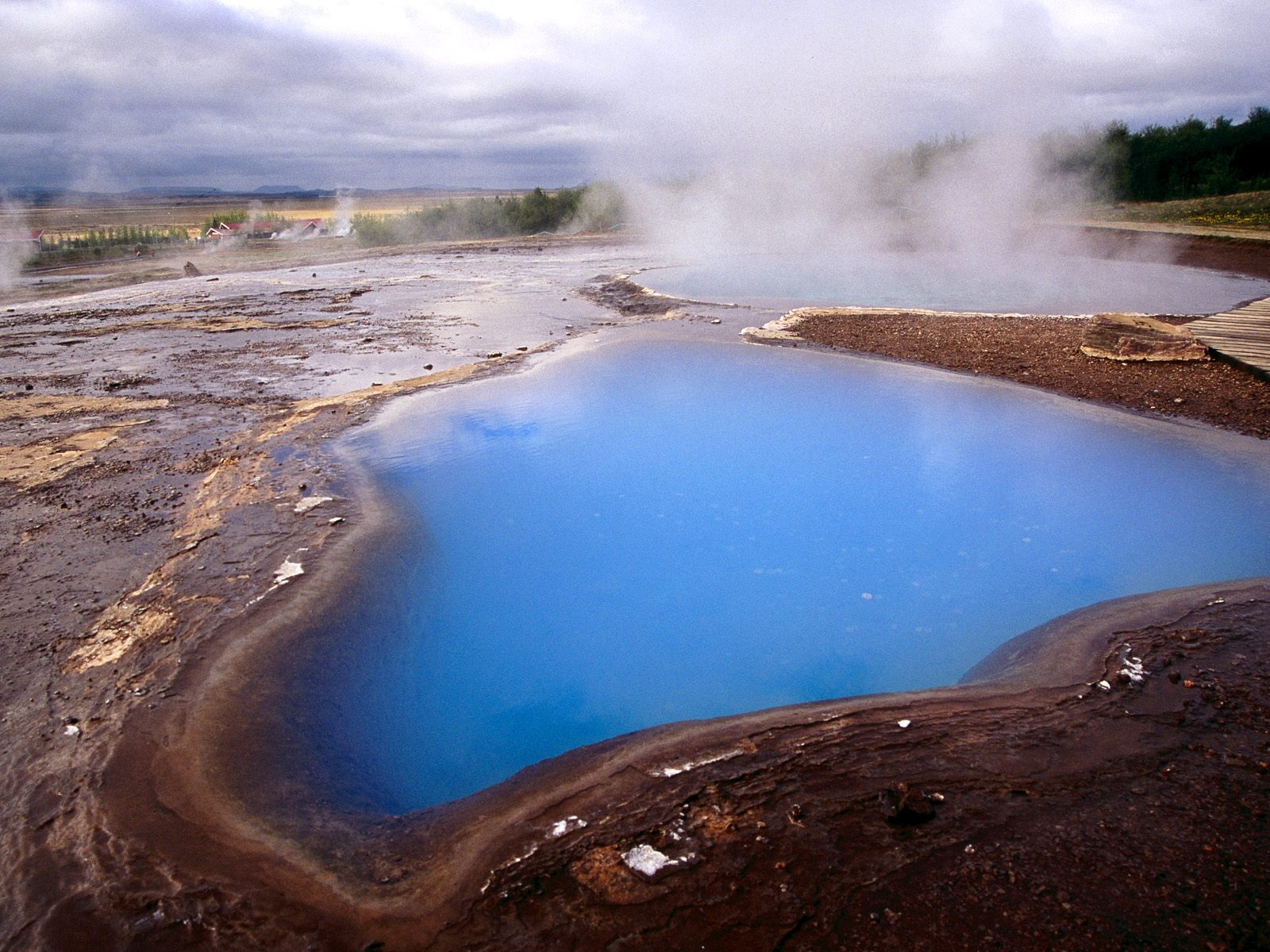
Kazakhstan
Thermal sulfur-hydrogen water sources and all types of mud volcanoes found in Kazakhstan are used there for medical purposes. The waters in Chundzha, located in the southeastern part of the country and in proximity to Kyrgyzstan and China, have a relatively high but safe concentration of radon, useful for treating skin ailments, digestive issues, cardiovascular issues and some even say depression.
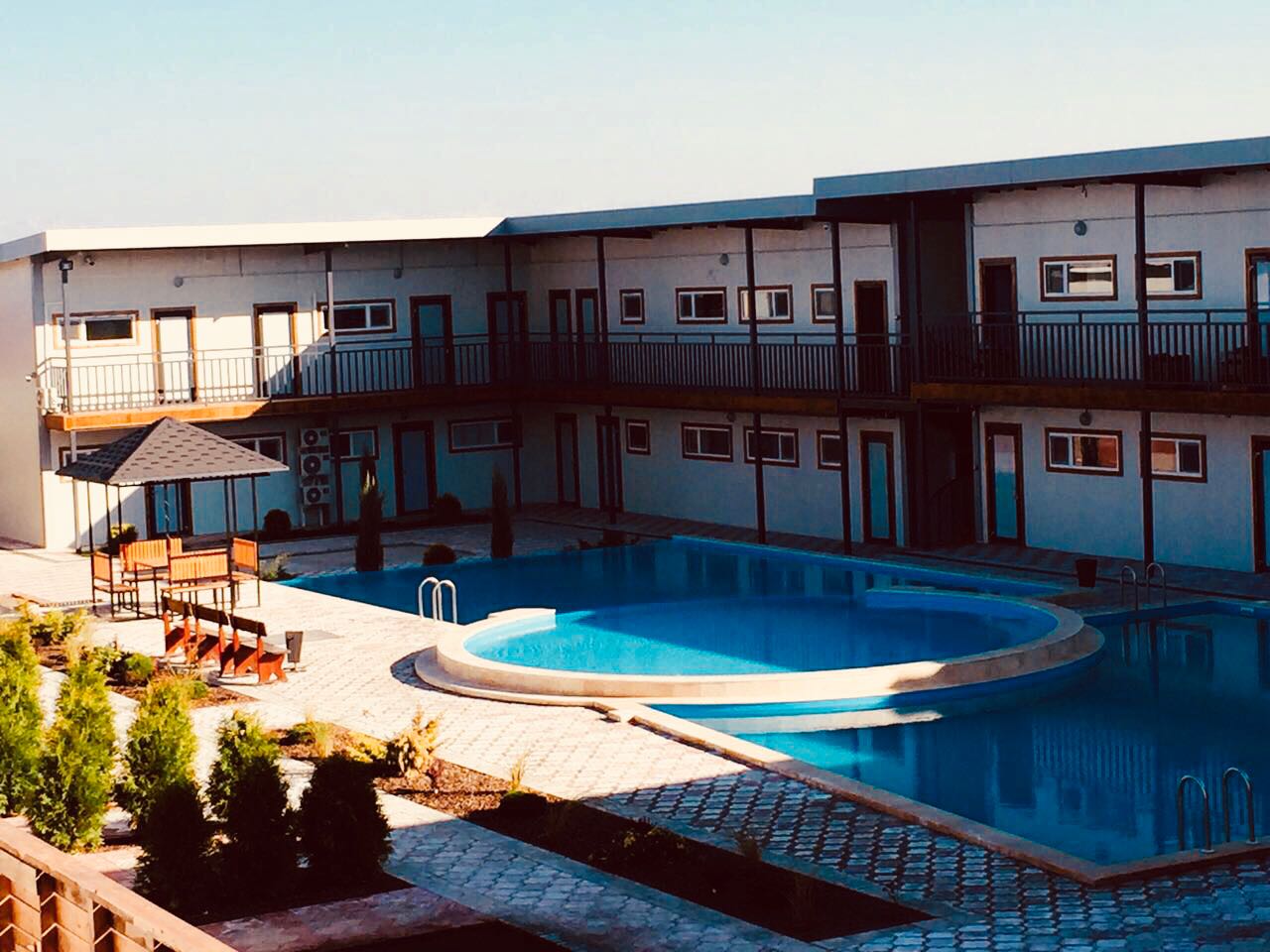
Russia
Yessentuki, located at the base of the Caucasus mountains and in between the Black and Caspian seas, may be the oldest and most attractive of the health tourism resort across what is the world’s largest country. Also known as Essentuki, the annually treats roughly 130,000 patients and dates back over 100 years.
Springs here contains a variety of beneficial elements such as magnesium, calcium, lithium, strontium, barium, iron, manganese, zinc, copper, iodine and bromine, boric and silicic acid. Yessentuki’s sanatoriums and medicinal mud bath clinics can help in the prevention of chronic ailments.
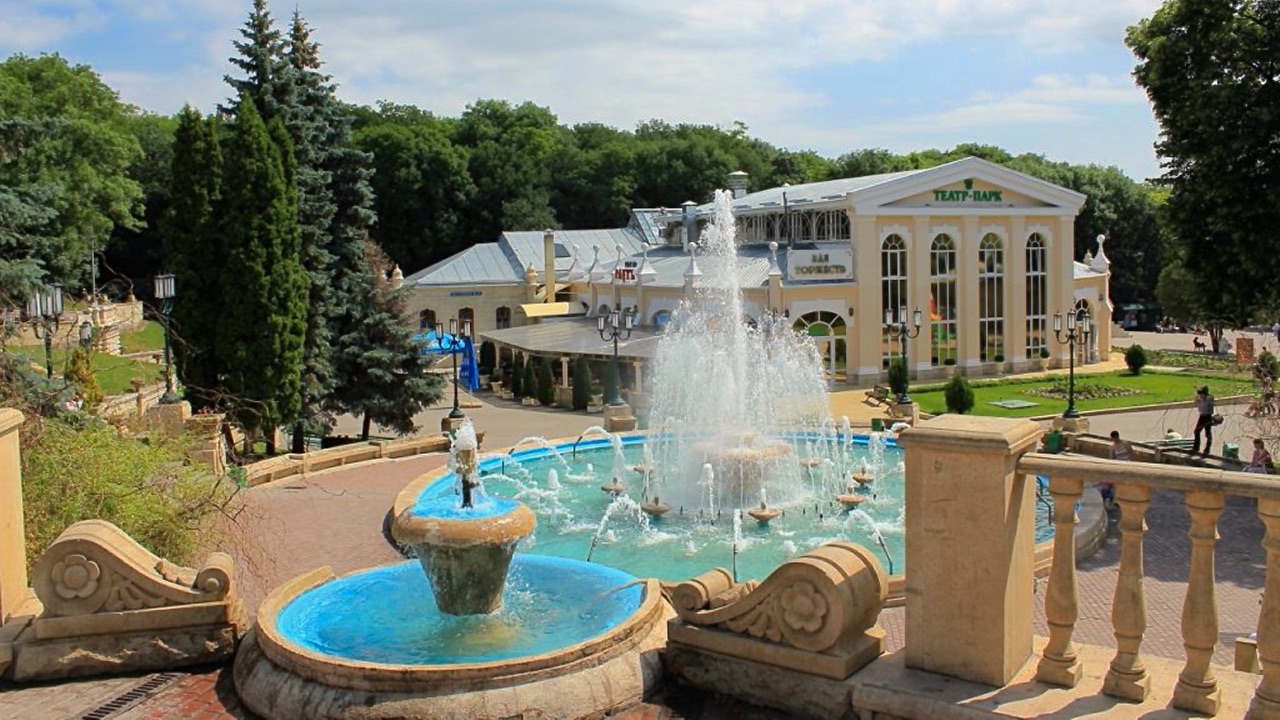


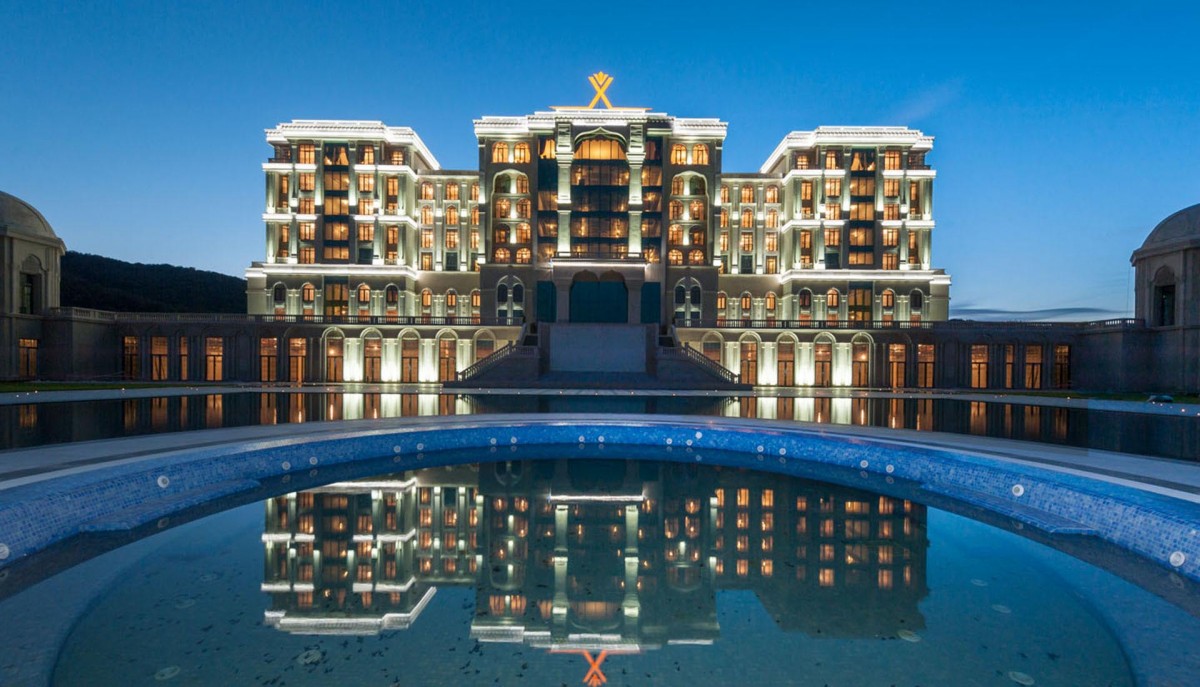




 Russian peacekeeping forces, deployed in the Karabakh (Garabagh) region of Azerbaijan since 2020, have commenced their withdrawal from the area.
Russian peacekeeping forces, deployed in the Karabakh (Garabagh) region of Azerbaijan since 2020, have commenced their withdrawal from the area.
 Azerbaijan officially unveiled the logo for the upcoming 29th session of the Conference of the Parties to the United Nations Framework Convention o...
Azerbaijan officially unveiled the logo for the upcoming 29th session of the Conference of the Parties to the United Nations Framework Convention o...
 The Kazakh authorities have increased their arbitration claims against international oil companies involved in the development of the Kashagan oil ...
The Kazakh authorities have increased their arbitration claims against international oil companies involved in the development of the Kashagan oil ...
 Iran’s Foreign Minister, Hossein Amir-Abdollahian, has labeled a foiled Israeli drone attack in certain parts of the country as a "failure" for Isr...
Iran’s Foreign Minister, Hossein Amir-Abdollahian, has labeled a foiled Israeli drone attack in certain parts of the country as a "failure" for Isr...
